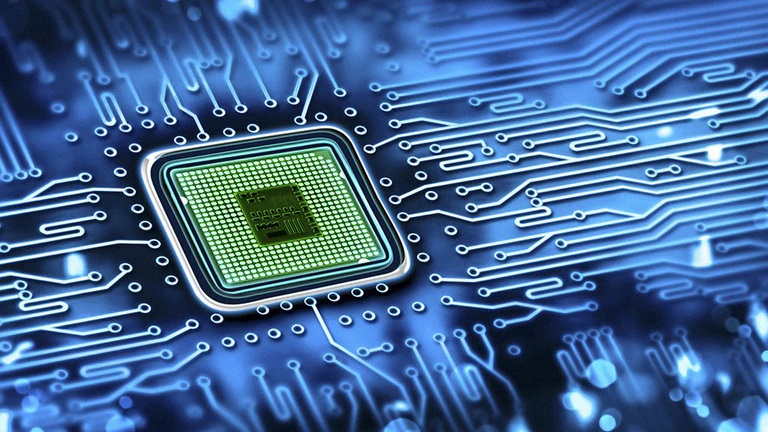Amazon is publishing research it conducted on its quantum chip, which uses an entirely new approach to hardware. The announcement comes after rivals Google and Microsoft also proposed chips for quantum computing.
Ocelot is the name of the new chip from Amazon Web Services (AWS), which was developed by a team from the California Institute of Technology. It references the cat species of the same name (because quantum scientists love cat jokes) and oscillators that generate periodic electrical signals.
Quantum computing is currently booming. The technology is seen as a potential alternative to traditional computing. When perfected, it could achieve unimaginable speeds for solving particular questions that computers currently struggle with. Quantum computing uses qubits instead of ‘traditional’ bits. These can not only take on the state zero or one, but also ‘both’ or superposed. However, this makes them very unstable. Much of the current research into quantum computing therefore revolves around error correction. This is usually done by multiplying qubits and linking them together. This allows them to be compared to each other to know which state they should have.
Cats and qubits
The Ocelot chip, however, uses a new approach to error correction that, if successful, could provide a more efficient way to make stable qubits.
The AWS system mixes two types of qubit hardware to improve the stability of the data on those qubits. One type of qubit is supposed to be very resistant to errors, while the second type is supposed to perform error corrections. The first type of qubit, the data qubit, is supposed to process the data, and is resistant to many errors, except for one specific type of error. That is the job of the second type of qubit: it runs code that looks for the particular kind of error to which the data qubit is sensitive.
AWS uses cat qubits for this (here we go again with the cat jokes), named after Shrödinger’s animal that assumed two forms at once in his thought experiment. Most qubits are based on a quantum object that can take the superposition state, but a cat qubit distributes that state over different objects. These are often photons that are together in a resonator. If you now link these cat qubits to another type of qubit (in the case of AWS ‘transmons’), they can ‘keep an eye’ on each other and correct each other where necessary. Each ocelot chip contains five qubits that provide storage and four additional qubits that detect errors. According to Amazon, its chip could reduce the price of building a quantum computer by 90 percent in this way.
Major tech giants like IBM, Microsoft, Google, and Amazon are currently working on the technology, which takes various forms in a race for greater efficiency and computing power. Last week, Microsoft introduced its quantum chip, Majorana 1, which uses the physical properties of a new material. At the end of last year, Google introduced its own Willow chip, which is also constructed differently.

